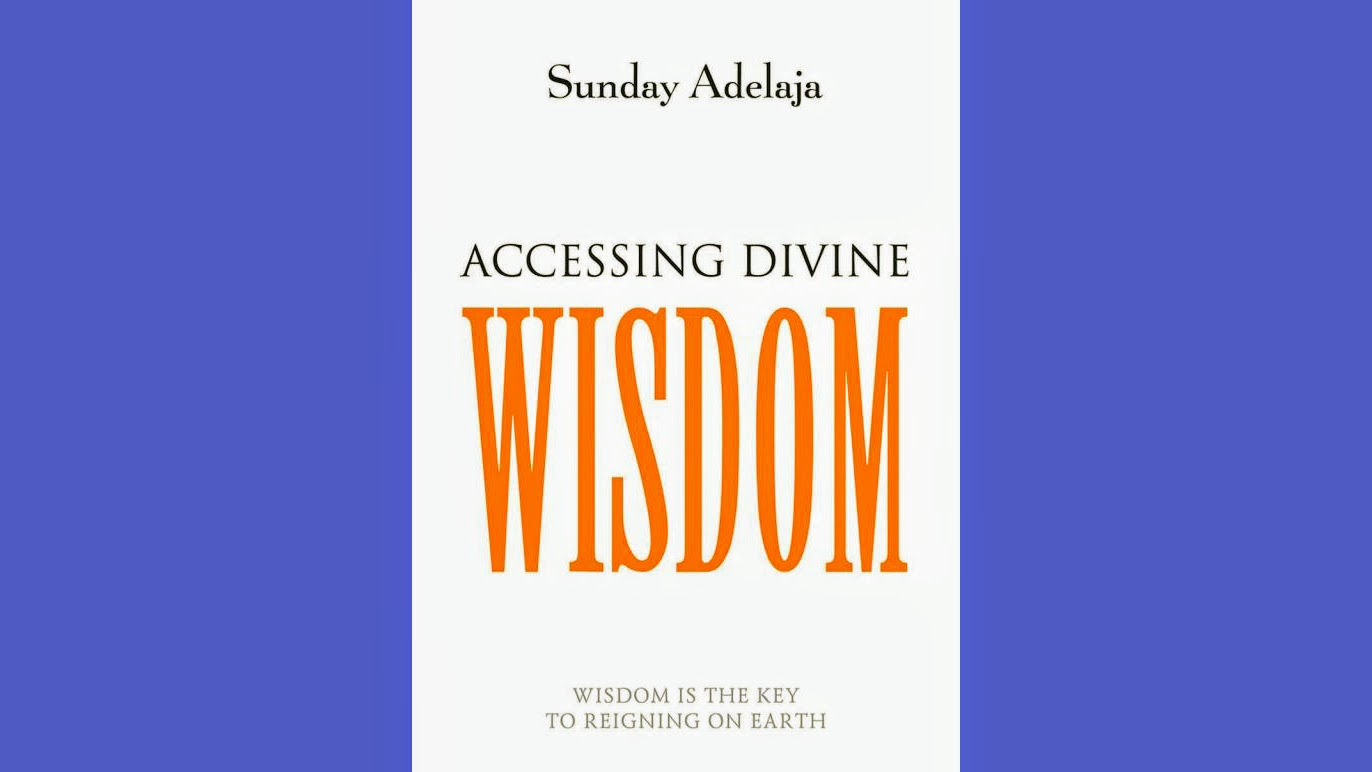In the pursuit of understanding the divine essence and accessing the worlds of God, the teachings of the Bahá’í Faith offer profound insights. These teachings serve as a navigational compass, guiding individuals toward spiritual enlightenment and divine communion. This article delineates the multifaceted approach to accessing the divine, highlighting the essential practices, philosophical underpinnings, and communal dimensions inherent in Bahá’í teachings.
1. Understanding the Concept of the Divine
To embark on the journey of accessing the divine, one must first grasp the Bahá’í perception of God. Unlike anthropomorphic interpretations common in various traditions, Bahá’í teachings elucidate God as an incomprehensible, transcendent reality. This perception emphasizes God’s unity and the progressive revelation of divine guidance through manifesting Prophets—known as Manifestations of God—who bring teachings suited for the needs of each era.
2. The Role of Prayer
Prayer forms a cornerstone within Bahá’í practice, acting as a conduit for spiritual connection. It establishes a vital link between the believer and the divine. The Bahá’í writings underscore different forms of prayer, including obligatory prayers, which are structured and obligatory, and more informal, spontaneous prayers that foster personal communication with God. This duality offers both community cohesion and personal expression, allowing individuals to find a path that resonates with their spiritual inclinations.
Moreover, prayer is not merely about petitioning divine favors; it serves as a transformative mechanism for the soul. It cultivates virtues, enhances spiritual perception, and engenders a disposition toward service. Through consistent engagement in prayer, Bahá’ís aim to become more attuned to spiritual realities, effectively opening pathways to the Divine.
3. The Significance of Meditation
Meditation is another pivotal practice for accessing the divine realms. Within the Bahá’í framework, meditation transcends its conventional understanding as a mere relaxation technique, evolving into a profound spiritual discipline. It involves reflection upon the attributes of God, the teachings of the Manifestations, and one’s relationship with the universe.
By engaging in meditation, individuals develop an inner tranquility that allows them to transcend worldly distractions. This practice helps deepen one’s understanding of divine messages and fosters a sense of unity with all creation, thereby enhancing spiritual consciousness. The Bahá’í writings advocate for both formal meditation sessions and informal contemplative moments integrated into daily life.
4. Service to Humanity as Divine Access
The Bahá’í Faith posits that accessing the worlds of God is inextricably linked to selfless service to humanity. Acts of service constitute a direct expression of divine love and a tangible reflection of one’s spiritual development. The teachings emphasize that such endeavors not only uplift the community but also serve as a means of drawing closer to God.
Through engagement in humanitarian efforts, social action, and community development, Bahá’ís embody their principles and facilitate collective progress. This service-oriented approach cultivates a spirit of unity and cooperation among humankind, aligning with the divine purpose of fostering harmony and peace across the globe.
5. The Pursuit of Knowledge
A significant aspect of accessing the divine lies in the pursuit of knowledge. The Bahá’í teachings encourage individuals to seek knowledge not merely for its own sake but as a means of better understanding the divine attributes and the workings of creation. Knowledge can be seen as a pathway to recognizing the interconnectedness of all things, illuminating one’s perspective and providing insights that transcend mundane existence.
This pursuit embodies both intellectual rigor and spiritual insight. Bahá’ís are encouraged to explore diverse fields of study, recognizing that truth exists in various manifestations across different cultures and discourses. The synthesis of knowledge, when approached with a spirit of open-mindedness, can lead to spiritual enlightenment and facilitate a deeper connection with God.
6. Community and Fellowship
Communal fellowship plays an integral role in accessing the divine through shared experiences and collective worship. The Bahá’í community, characterized by its inclusivity and emphasis on equality, fosters an environment where individuals can connect with one another in their spiritual journeys. This solidarity cultivates a sense of belonging and reinforces the understanding that we are all part of a greater divine tapestry.
Through regular gatherings, devotional meetings, and study circles, Bahá’ís engage collectively in exploring spiritual truths. These communal experiences not only enhance individual spiritual growth but also serve to strengthen the bonds of unity among participants, thus facilitating a more profound access to the divine.
7. The Transformative Power of Love
Ultimately, the Bahá’í teachings express that love, particularly divine love, is the most potent force in accessing the worlds of God. This love transcends all boundaries, uniting humanity in its essence. By embodying love in thoughts, words, and deeds, believers are able to align themselves more closely with the divine will.
Love becomes a guiding principle; it permeates all aspects of life and acts as a bridge connecting the finite human experience to the infinite divine realm. As individuals cultivate this love—both for God and for humanity—they find themselves increasingly receptive to divine guidance, allowing them to navigate the complexities of existence with grace and purpose.
In conclusion, accessing the worlds of God as elucidated in Bahá’í teachings transcends a simplistic approach; it necessitates a comprehensive engagement with prayer, meditation, service, knowledge, community, and love. By embracing these diverse aspects, individuals can embark on a transformative journey toward spiritual realization, fostering a profound connection with the divine along the way.
